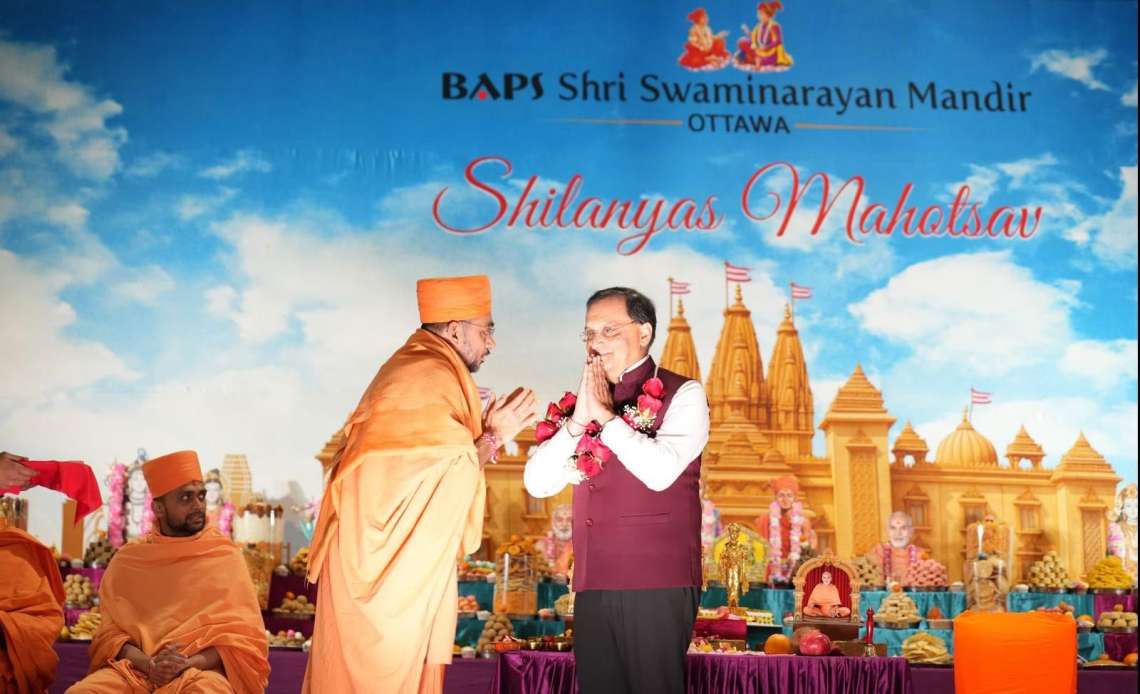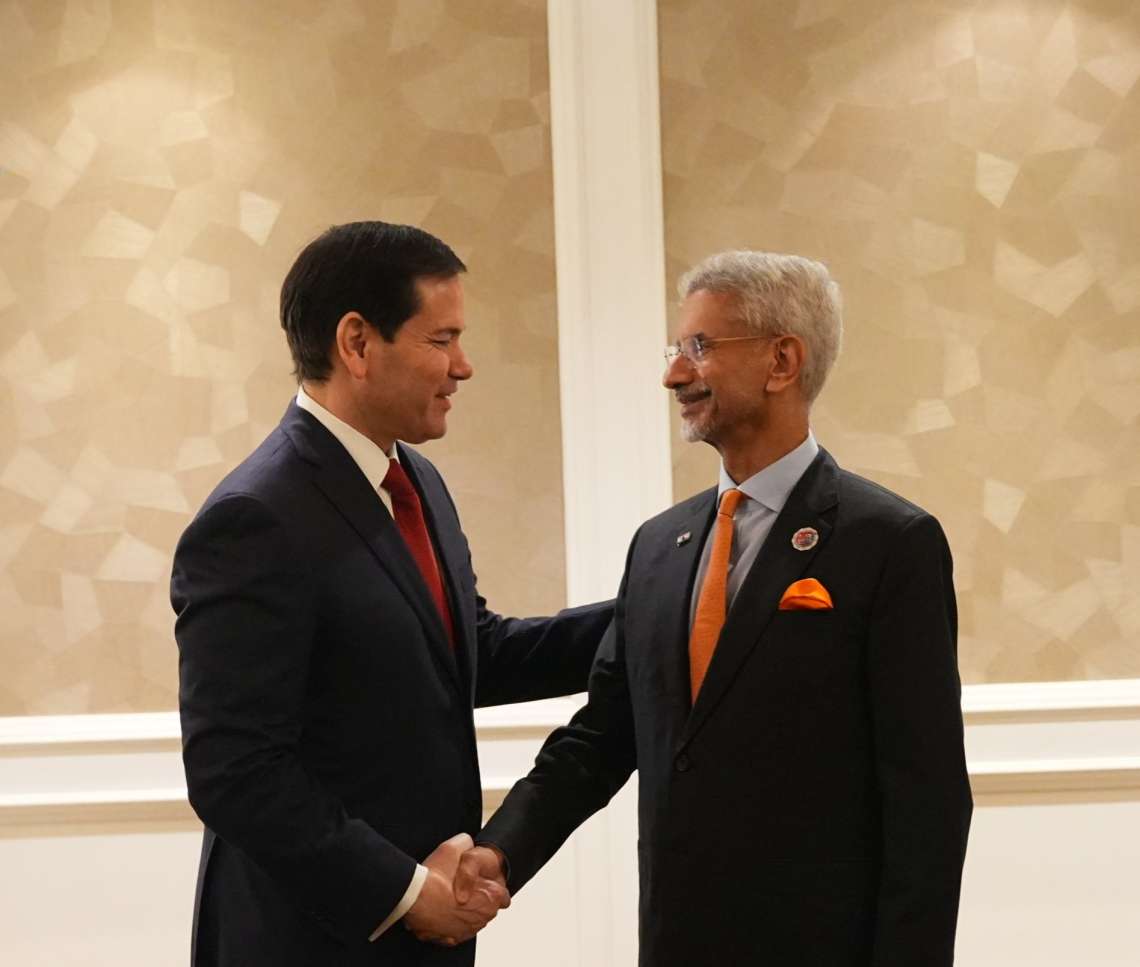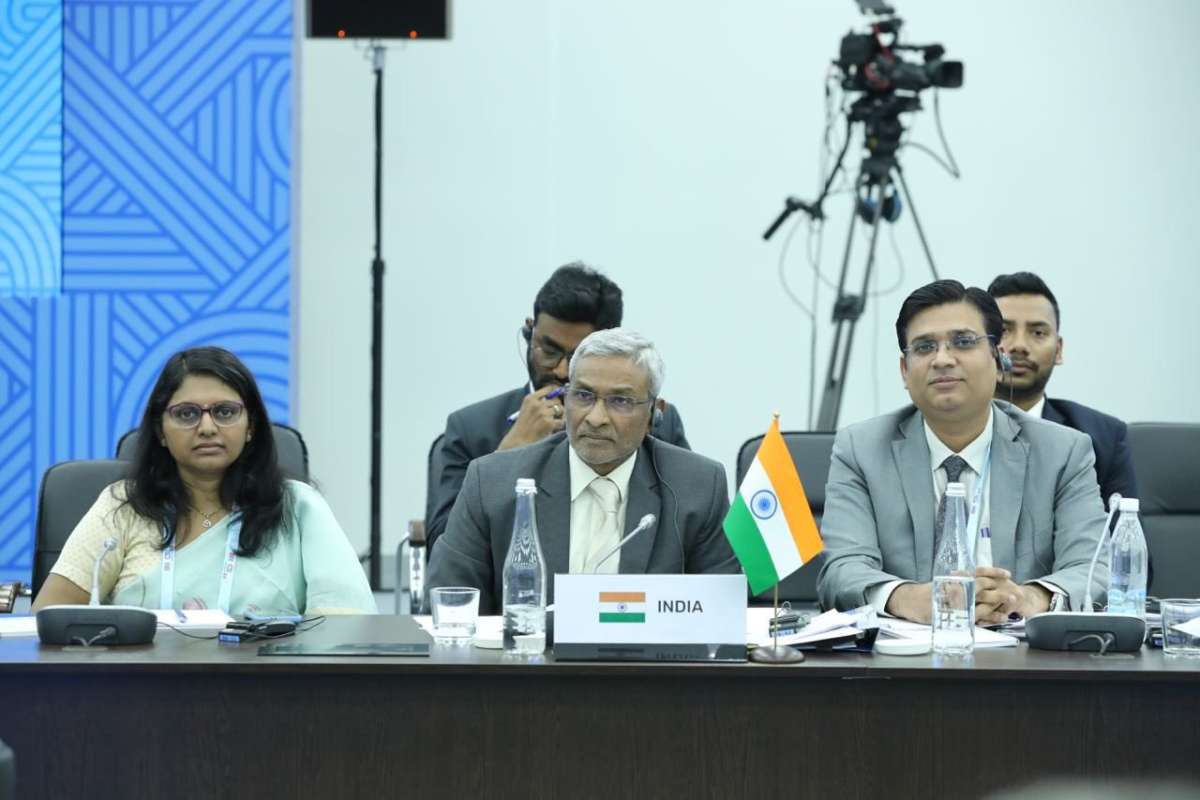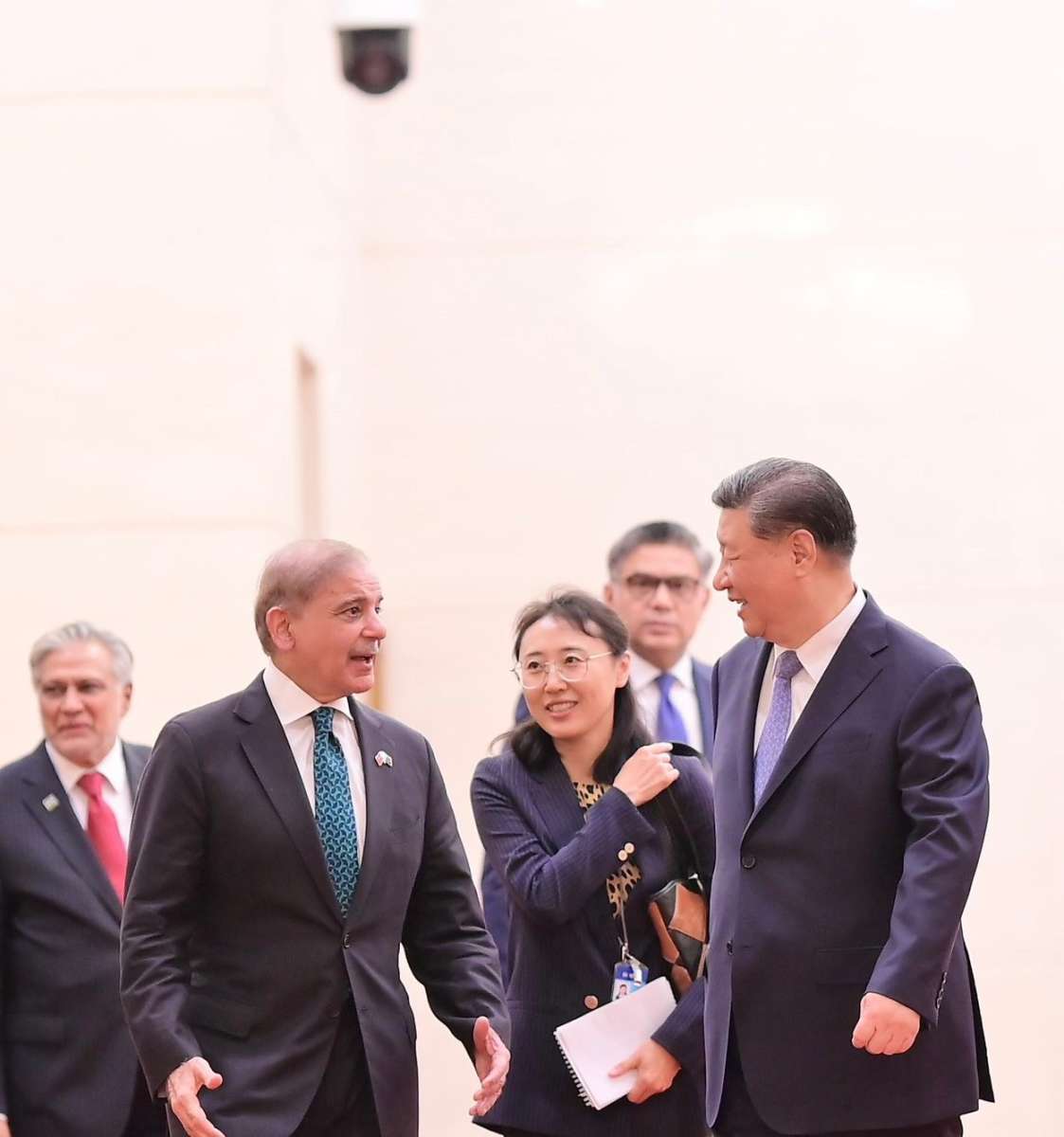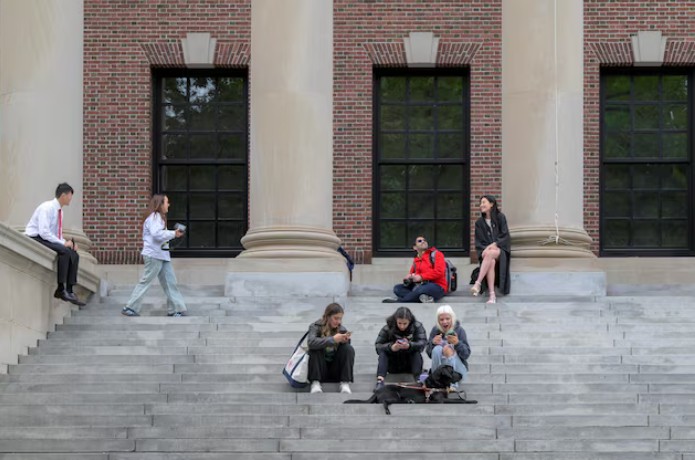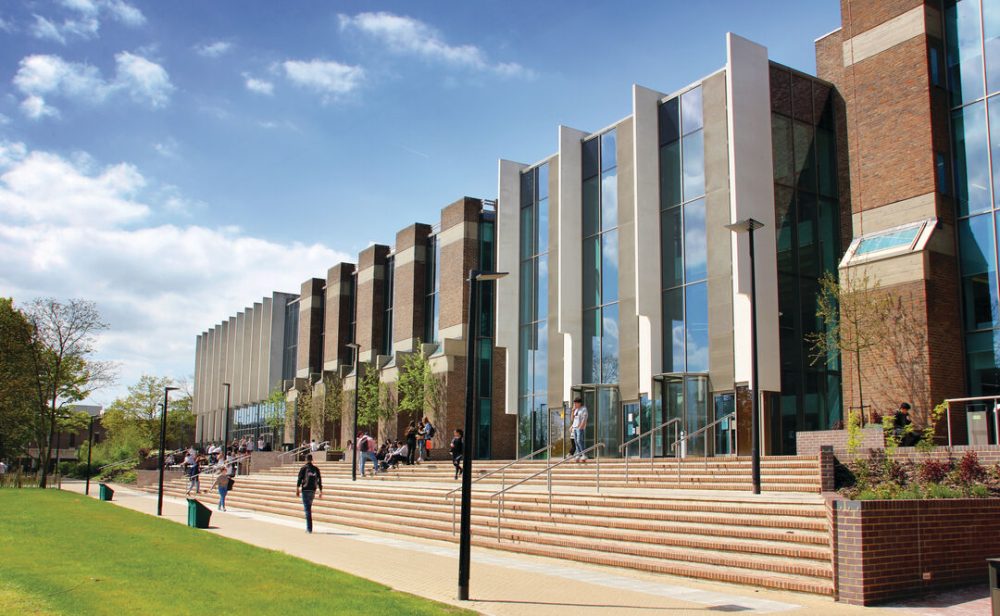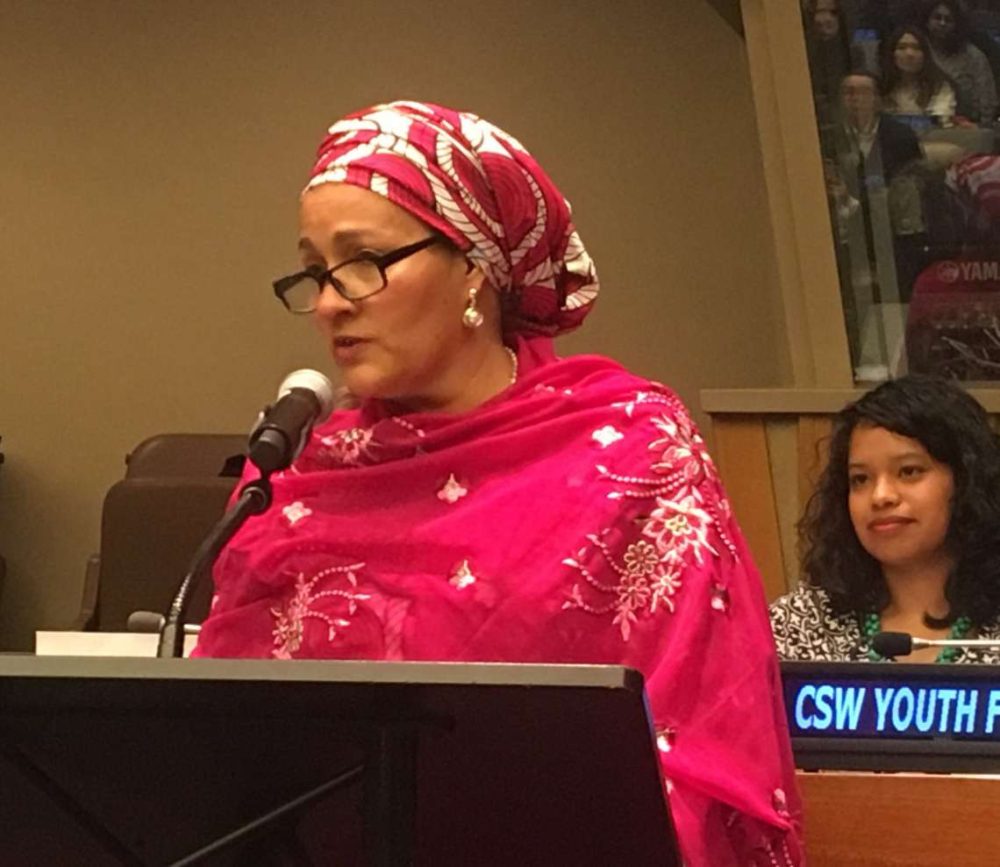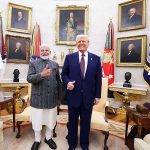The committee’s report, derived from comprehensive data analysis and feedback from students, parents, and the public, was shared with various state governments…reports Asian Lite News
Retired Madras High Court judge Justice A K Rajan has urged the Tamil Nadu government to abolish the National Eligibility-cum-Entrance Test (NEET) through legal or legislative means and to use higher secondary examination marks as the sole criterion for medical school admissions.
Justice Rajan, who led a high-level committee formed after the DMK came to power in 2021, recommended this to ensure equal opportunities for students from different educational boards through score normalization.
The committee’s report, derived from comprehensive data analysis and feedback from students, parents, and the public, was shared with various state governments to highlight NEET’s detrimental impact on the poor and social justice.
Tamil Nadu Chief Minister and DMK president M K Stalin, a vocal opponent of NEET, shared the report on social media to emphasize these points.
The committee recommended immediate action to eliminate NEET, asserting that the state government could leverage specific legal provisions to argue against NEET’s imposition.
They suggested using Act 3 of 2007, which governs admissions to affiliated colleges under the Tamil Nadu Dr. MGR Medical University, or passing a new act requiring Presidential assent to abolish NEET.
The report emphasized the importance of using higher secondary scores for medical admissions and normalizing these scores across different educational boards to ensure fair opportunities.
It also proposed identifying and mitigating socio-economic and demographic factors that adversely affect disadvantaged students’ performance, possibly through a pre-developed “Adversity Score” framework.
The committee called for educational reforms to foster genuine learning over rote memorization, from curriculum development to teaching methods and assessments.
It also recommended that Tamil Nadu pass legislation to bring deemed universities under state control and obtain Presidential assent.
Following the committee’s recommendations, the Tamil Nadu Legislative Assembly unanimously passed a bill seeking exemption from NEET, which is awaiting Presidential approval.
Stalin, highlighting growing national opposition to NEET, shared the committee’s report in multiple languages to raise awareness about NEET’s negative effects.
ALSO READ: Cabinet gives nod to build 3 crore houses for poor



